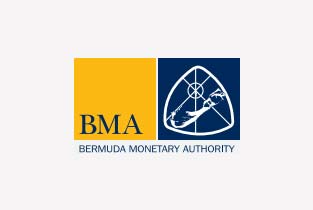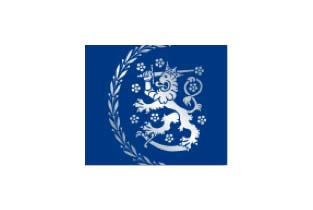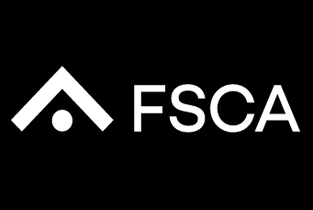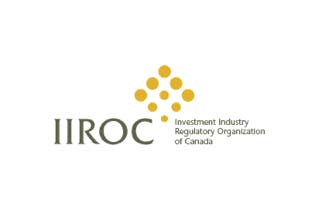










Securities and Exchange Commission (SEC)
Supervises Nigeria’s securities markets and capital market development.
Tags:Forex RegulationBasic Information
The SEC is headquartered in Abuja, Nigeria, and functions as an autonomous body under the Federal Ministry of Finance. Its official website, https://sec.gov.ng, serves as a portal for regulatory updates, investor education, and compliance resources.
Establishment Background & Historical Evolution
The SEC was established in 1979 following the enactment of the Securities and Exchange Commission Act, later replaced by the Investments and Securities Act (ISA) 2007. Its creation was driven by the need to regulate Nigeria’s growing capital market, prevent fraud, and align with international securities regulation standards.
Key milestones include:
- 1962: The Lagos Stock Exchange (now Nigerian Stock Exchange) was established, laying the groundwork for formal securities regulation.
- 1979: SEC was formally established to oversee capital market activities.
- 2007: The ISA 2007 expanded SEC’s powers, introducing stricter compliance measures and investor protections.
- Post-2010: Enhanced focus on fintech, digital assets, and market modernization.
Legal Authority & Regulatory Framework
The SEC derives its authority from:
- Investments and Securities Act (ISA) 2007 – The primary legislation governing securities transactions.
- SEC Rules & Regulations – Supplementary guidelines on market conduct, disclosures, and enforcement.
- Companies and Allied Matters Act (CAMA) 2020 – Regulates corporate governance aspects.
Its enforcement powers include:
- Licensing and supervising capital market operators (CMOs).
- Approving public offerings and securities listings.
- Investigating market misconduct (insider trading, fraud, etc.).
- Imposing sanctions, fines, and revoking licenses for violations.
Key Responsibilities & Regulatory Scope
The SEC oversees:
- Securities Market: Regulates stock exchanges, brokers, and dealers.
- Collective Investment Schemes: Supervises mutual funds and investment trusts.
- Corporate Disclosures: Ensures listed companies provide accurate financial reports.
- Investor Protection: Handles complaints and enforces fair trading practices.
- Fintech & Digital Assets: Monitors cryptocurrency and blockchain-based investments.
Comprehensive Contact Information
Headquarters Address:
Securities and Exchange Commission,
Tower 1, SEC Headquarters,
Plot 272, Samuel Adesujo Ademulegun Street,
Central Business District, Abuja, Nigeria.
Phone: +234 9462 2720
Email: [email protected]
Investor Complaints: [email protected]
How to Verify a Regulated Entity
To check if a company or financial service provider is under SEC regulation:
- Visit the SEC website: https://sec.gov.ng
- Navigate to the “Market Operators” or “Licensed Entities” section.
- Search by company name, registration number, or category (broker, fund manager, etc.).
- Cross-check details with the SEC’s official database.
Alternatively, contact the SEC’s Registration & Market Infrastructure Department for verification.






